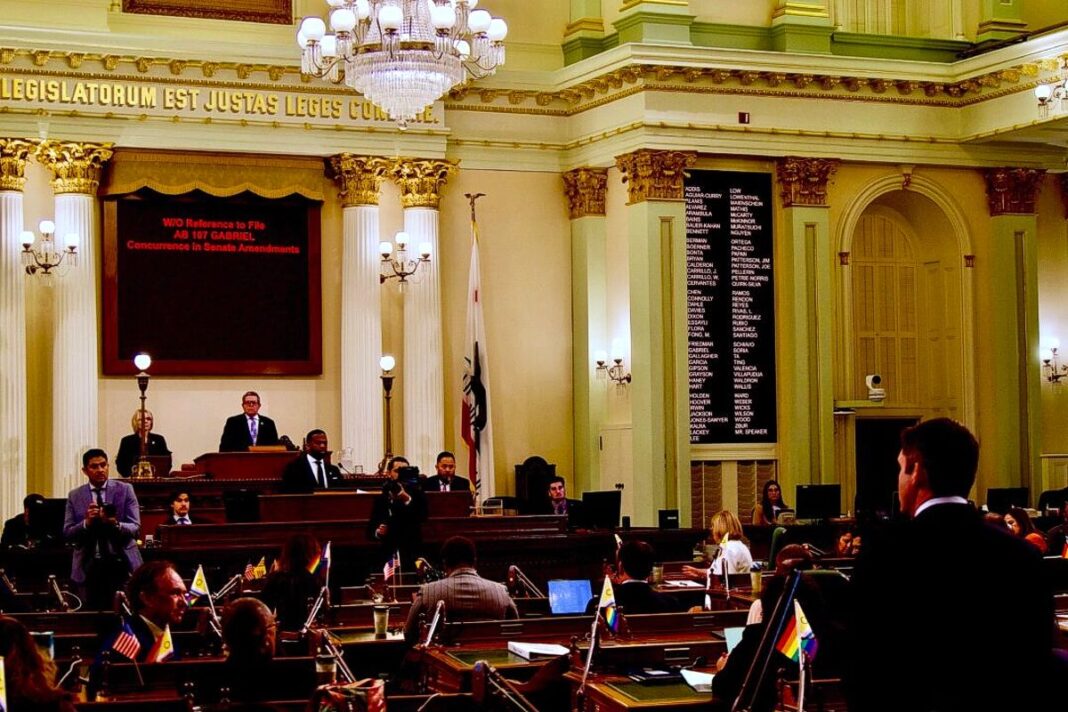The Treasury chief says the fiscal imbalance reflects historic overspending, while touting the Trump administration’s tax and trade agenda.
Treasury Secretary Scott Bessent told lawmakers Wednesday that the U.S. budget deficit for the current fiscal year will reach between 6.5 and 6.7 percent of gross domestic product (GDP), a historically high level he attributed to a spending surge in the final year of President Joe Biden’s administration.
“What we are seeing here is a blowout in the spending,” Bessent said during testimony before the House Ways and Means Committee on June 11. “The last fiscal year is something we have never seen before. We have never seen a deficit-to-GDP this large” outside of major crises like pandemics, recessions, or wars, he said.
During his four years in office, Biden approved an estimated $4.7 trillion in new 10-year debt through a mix of legislative measures and executive actions, according to the Committee for a Responsible Federal Budget.
The shortfall Bessent predicted would mark the third straight year that federal deficits have exceeded 6 percent of GDP. According to data from the Congressional Budget Office, the government ran a 6.3 percent deficit in 2023 and a 6.4 percent deficit in 2024, which surpassed $1.83 trillion—the third-highest on record.
Despite the concerning trajectory, Bessent pointed to what he described as a major turnaround in tax administration under President Donald Trump. He credited the administration’s IRS modernization initiative with delivering unexpectedly strong revenue gains while cutting costs.
“Critics of the President’s efforts to modernize the IRS warned that the effort would result in a 10 percent shortfall in receipts,” Bessent said in his opening statement. “Instead, the opposite happened. April receipts this year were up 9.5 percent over the previous year. And receipts in May were up 14.7 percent over the previous year.”
Bessent said the improved tax collection came alongside $2 billion in savings from IRS waste and IT reductions, calling the 2025 filing season the “most successful” in years.
He also advocated for the administration’s flagship tax plan—the One Big Beautiful Bill Act—a sweeping proposal to extend and expand tax relief measures first introduced during Trump’s first term. The bill would make the 2017 individual and estate tax cuts permanent, exempt tips and overtime pay from federal taxes, and temporarily boost both the standard deduction and the child tax credit.
By Tom Ozimek








